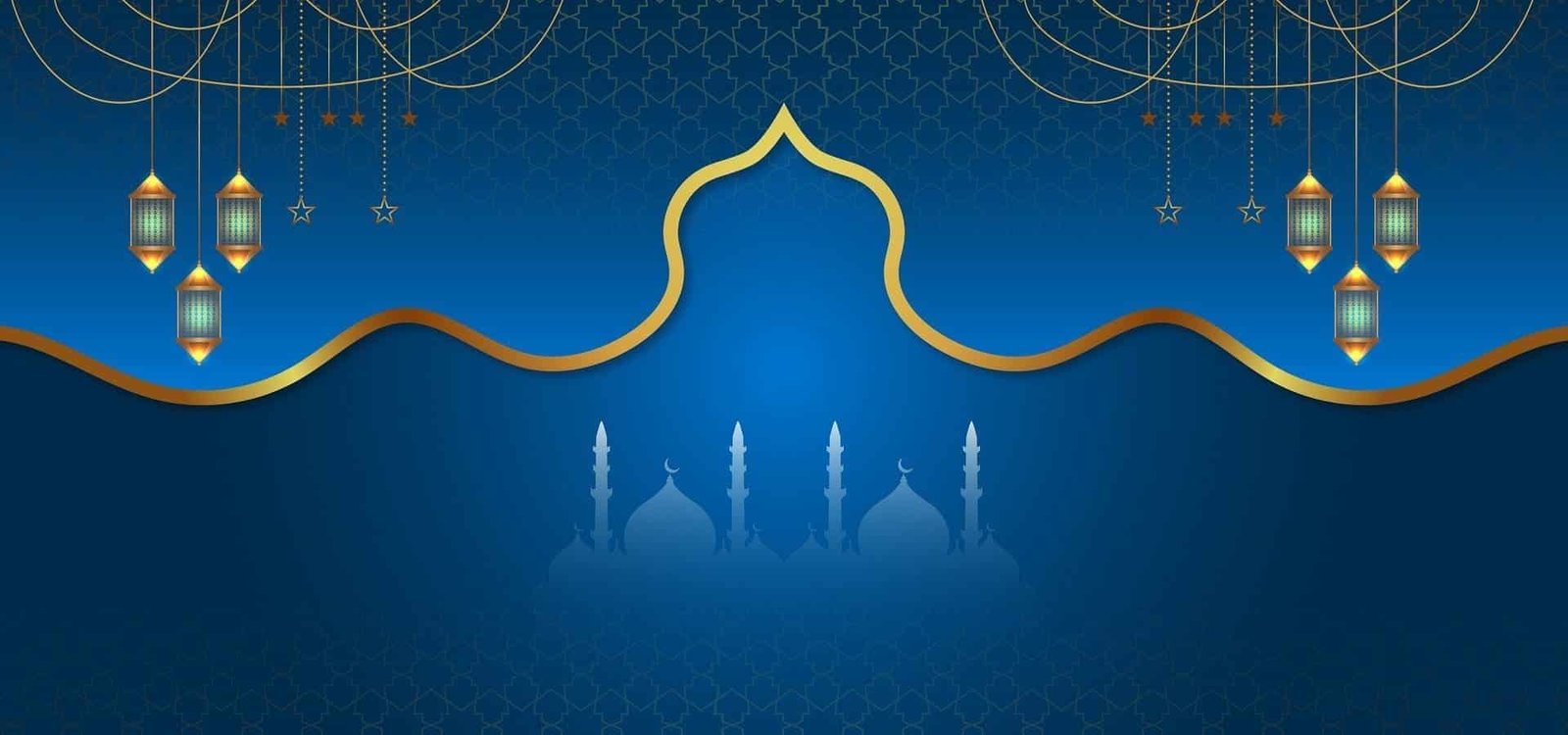The sacred months in Islam are 4 months (Dhul-Qa el Da ha, Dhul-Hijjah, Muharram, and Rajab), which are specially selected months in the Islamic calendar by Allah. These Islamic holy Months are mentioned explicitly in the Quran and discussed in authentic Hadith; these are the months of spiritual sanctity when sins are weighed more heavily and beneficial deeds are rewarded more generously.
This article will detail the importance of the sacred month in Islam and explain why it is considered sacred, as well as how it motivates Muslims to refrain from injustice and increase their worship, including fasting, dhikr, and charity. Get to know how these sacred months present spiritual opportunities of purification, self-restriction, and winning the favor of Allah ﷻ.
What Are the Four Sacred Months?
The four sacred months are:
-
Dhul-Qa‘dah (ذو القعدة) – 11th month
-
Dhul-Hijjah (ذو الحجة) – 12th month
-
Muharram (المحرّم) – 1st month
-
Rajab (رجب) – 7th month
📖 Qur’anic Reference:
إِنَّ عِدَّةَ ٱلشُّهُورِ عِندَ ٱللَّهِ ٱثْنَا عَشَرَ شَهْرًۭا فِى كِتَـٰبِ ٱللَّهِ يَوْمَ خَلَقَ ٱلسَّمَـٰوَٰتِ وَٱلْأَرْضَ مِنْهَآ أَرْبَعَةٌ حُرُمٌ ۚ ذَٰلِكَ ٱلدِّينُ ٱلْقَيِّمُ ۚ فَلَا تَظْلِمُوا۟ فِيهِنَّ أَنفُسَكُمْ…
“Indeed, the number of months with Allah is twelve months in the register of Allah [from] the day He created the heavens and the earth; of these, four are sacred. That is the correct religion, so do not wrong yourselves during them…”
— Surah At-Tawbah (9:36)
This verse confirms that four months out of the twelve lunar months are sacred (حُرُم), and within them, Muslims are strongly commanded to avoid injustice and sin.
Authentic Hadith Explaining the Sacred Months
The Prophet Muhammad ﷺ further explained which months are sacred in the following hadith:
قَالَ رَسُولُ اللَّهِ ﷺ: «السَّنَةُ اثْنَا عَشَرَ شَهْرًا، مِنْهَا أَرْبَعَةٌ حُرُمٌ، ثَلَاثٌ مُتَوَالِيَاتٌ: ذُو الْقَعْدَةِ، وَذُو الْحِجَّةِ، وَالْمُحَرَّمُ، وَرَجَبُ مُضَرَ الَّذِي بَيْنَ جُمَادَى وَشَعْبَانَ»
“The year is twelve months, of which four are sacred: three consecutive—Dhul-Qa’dah, Dhul-Hijjah, and Muharram—and [the fourth is] Rajab of (the tribe of) Mudar, which comes between Jumada and Sha’ban.”
— [Sahih al-Bukhari, Hadith 3197]
Why Are These Months Sacred?
The sanctity of these months was known even before Islam, but the Qur’an reaffirmed and reinforced their status. Warfare was forbidden during these months to promote peace and allow people to travel and perform pilgrimage safely.
In Islam, this sanctity also extends to moral and spiritual behavior:
-
Avoiding oppression and injustice
-
Refraining from major sins
-
Increasing acts of worship and charity
The severity of sins committed during these months is greater, and the reward for righteous deeds is multiplied.
Virtues and Worship in the Sacred Months
1. Dhul-Qa‘dah (ذو القعدة)
A peaceful month preceding the Hajj. It was historically observed as a time of rest and truce, and remains sacred for reflection and preparation for the month of Dhul-Hijjah.
2. Dhul-Hijjah (ذو الحجة)
One of the most spiritually powerful months of the year, containing:
-
The first ten days are among the best days for righteous deeds
-
The Day of Arafah, where fasting expiates the sins of two years
-
Eid al-Adha, the festival of sacrifice
-
The Hajj pilgrimage, one of the pillars of Islam
مَا مِنْ أَيَّامٍ الْعَمَلُ الصَّالِحُ فِيهِنَّ أَحَبُّ إِلَى اللَّهِ مِنْ هَذِهِ الْأَيَّامِ الْعَشْرِ
“There are no days during which righteous deeds are more beloved to Allah than these ten days.”
— [Sahih al-Bukhari, Hadith 969]
3. Muharram (المحرّم)
The first month of the Islamic year, known as Shahrullāh al-Muharram (The Month of Allah). It contains the Day of Ashura (10th Muharram), when fasting is highly recommended.
أَفْضَلُ الصِّيَامِ بَعْدَ رَمَضَانَ شَهْرُ اللَّهِ الْمُحَرَّمُ
“The best fasting after Ramadan is in the Month of Allah, al-Muharram.”
— [Sahih Muslim, Hadith 1163]
The Day of Ashura also commemorates the victory of Musa (عليه السلام) over Pharaoh and, historically, the martyrdom of Imam Husayn (رضي الله عنه).
4. Rajab (رجب)
A sacred, standalone month, observed with voluntary fasting, prayer, and remembrance. It marks the beginning of the spiritual buildup leading up to Ramadan. Many scholars and pious predecessors would increase worship in Rajab as spiritual preparation.
The Wisdom Behind the Sacred Months
-
Protection of Life and Peace: Historically, these months ensured safe travel for the Hajj and trade.
-
Spiritual Renewal: They offer spaced-out opportunities across the year to reconnect with Allah.
-
Reminder of Accountability: By highlighting these months, believers are reminded of the consequences of their actions.
How Should a Muslim Treat These Months?
-
Avoid all forms of sin, especially injustice and oppression.
-
Increase worship, including voluntary fasting, prayer, dhikr (remembrance), and sadaqah (charity).
-
Reflect on one’s relationship with Allah and make sincere Tawbah (repentance).
-
Teach children and others about the significance of these blessed months.
Conclusion
The 4 sacred months in Islam are divine opportunities for renewal, purification, and deeper consciousness of Allah. By recognizing and honoring these months—Dhul-Qa’dah, Dhul-Hijjah, Muharram, and Rajab—we align ourselves with the guidance of the Qur’an and Sunnah.
Let us not miss the blessings hidden in time. Let us honor what Allah has made sacred.
فَلَا تَظْلِمُوا فِيهِنَّ أَنفُسَكُمْ
“So do not wrong yourselves during them…”
— Surah At-Tawbah (9:36)



